Photography & New Media
Code: P0308-25
The Art of Photo Collage: Enhancing Creative Practice
Jun 16 - 20, 2025
9AM-5PM
Concept
This collage workshop invites participants to push boundaries and take creative risks using photographic materials and methods. With an emphasis on exploration and rigorous artistic practice, participants challenge traditional representations by cutting through the expected and reimagining new visual contexts. Collage, with its rich history of “subverting the frame,” becomes a tool for experimentation as participants work from their own photographic archives and build new ones from found materials. Through hands-on exploration, students dive deep into their personal creative processes while developing strong thematic visual ideas. Using Anderson Ranch’s state-of-the-art facilities, participants experiment with both traditional collage techniques and modern tools such as machine cutting, scanning, and printing.
Media & Techniques
Digital photography, workflow, digital printing, Adobe Photoshop, Adobe Illustrator, Epilog laser cutter, photo engraving, etching, UV printing, various substrates, group discussions and feedback
Faculty

Sharon Harper
Sharon Harper is a lens-based artist. Her work is in collections at the Museum of Modern Art New York, the Whitney Museum of American Art, and the Denver Art Museum, among others. She has received a Guggenheim Fellowship in Photography, and residency fellowships that include Yaddo, the Headlands Center for the Arts, the MacDowell Colony, and the Ucross Foundation. Her monograph, From Above and Below, was published by Radius Books. She is professor of Visual Art at Harvard University.

Susannah Sayler
Susannah Sayler works with a variety of media including photography, video, collage, and installation—often in collaboration with others—to deepen our understanding of ecology and the poetics of relation. She was awarded the Guggenheim Fellowship in 2023 and teaches at Syracuse University where she co-directs The Canary Lab.

Susannah Sayler, Edifice I collage (from Crystal Forest series), 2023
Workshop Details
Workshop Supplies
For general information about studio access, shipping, and more, please visit our info page.
If you have any questions regarding your supplies for your workshop, please contact Jack Fox, .
Provided by Anderson Ranch
Equipment
- 24" iMac
- Adobe Suite
- Epilog Laser Cutter
- Epson Flatbed Scanner
- Epson P800 SureColor Printer
- UV Printer
Supplies
- 1 - 12 in. x 12 in. 1/8th in. Acrylic sheet*
- 3 - 1/4th in. plywood*
- Allotted paper and ink (for inkjet printing)
- Matte Medium**
- Painters tape, rulers, cutting mat, paper towels, blades, scissors, foam brushes
- Various papers, allottment for each student
What you need to bring
Required Tools and Supplies
- 4" CANARY Japanese Mini Detail Scissors
- Collage materials from personal archive: postcards, famliy photos, magazines, etc.
- Digital images, varying quality and size for experimentation
- External hard drive or access to cloud storage to save digital works made
- Presentation of personal work for first day of class, 10-15 images
Optional Tools and Supplies
- Apron**
- Digital Camera and accessories
- Materials to ship artworks**
- Sketchbook/Journal**
- White (or light colored) T-shirt for screen printing**
* Available for purchase in the studio.
** Available to purchase at the Anderson Ranch ArtWorks Store for 10% off. The store aims to stock comparable items, though specific products from the supply list may vary based on inventory.
Learn more about shipping supplies and artwork to and from the Ranch in the Student Handbook.
Lodging & Meals
Housing is limited and includes shared and private lodging options. Reservations will be managed on a first-come, first-served basis. The earlier you reserve housing, the better your chance of receiving your preferred option. Please note: Workshop costs do not include accommodations.
NEW: Course fees includes a welcome dinner and lunches. In our effort to foster a stronger sense of community and accessibility at Anderson Ranch, we include the welcome dinner and all lunches as part of course fees for summer workshop students. Our hope is that this adjustment will encourage all students to come together to share meals and engage in meaningful conversations. The Ranch Café Meal Plan, which is included with Room and Board fees, strives to provide healthy, creative meals that will nourish your artistic creativity. Learn more.
We have established a Business Safety Plan with added layers of precaution that prioritize the health and safety of our staff, students, faculty and guests while continuing to provide you with the Anderson Ranch experience that you know and enjoy.
Photography & New Media
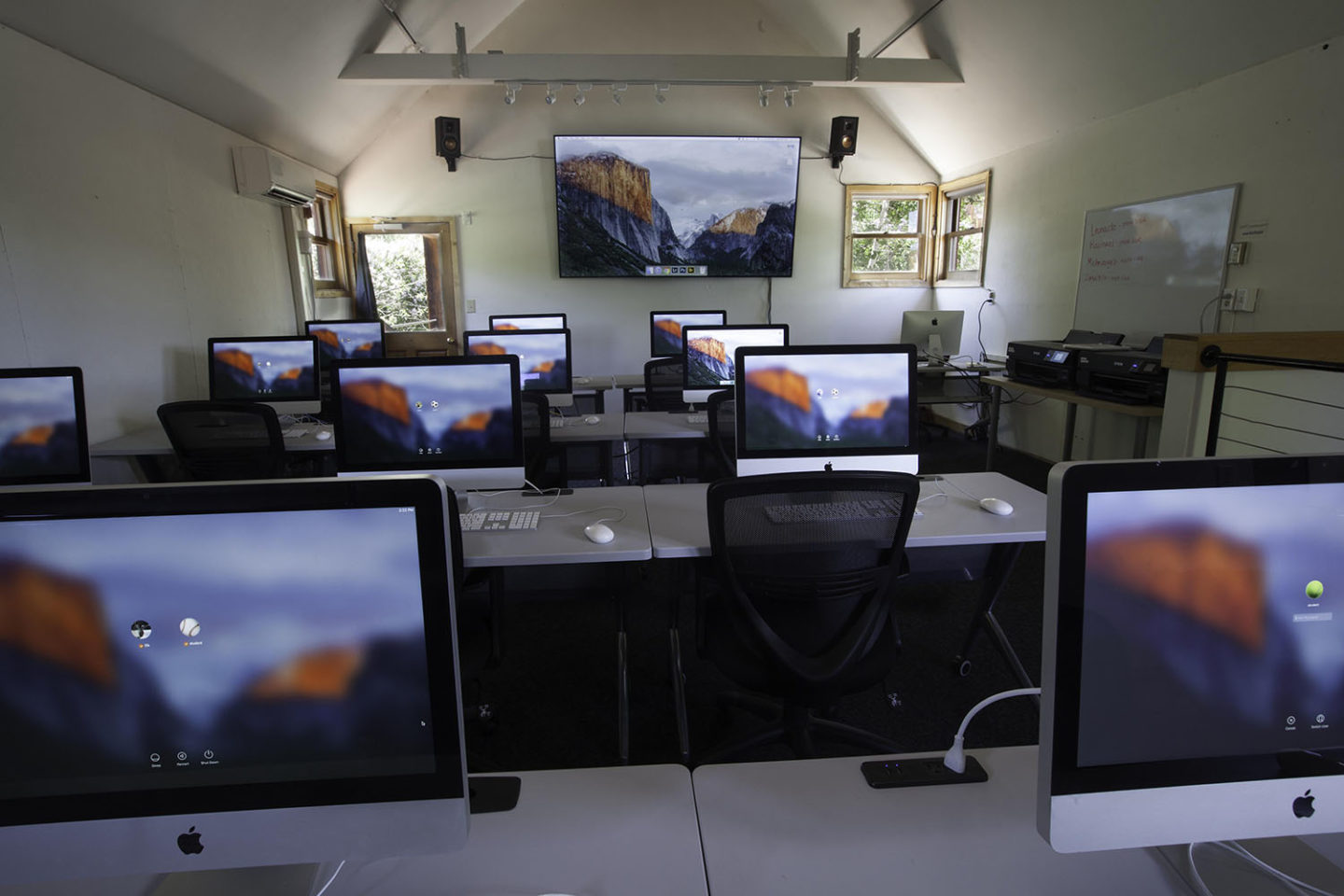

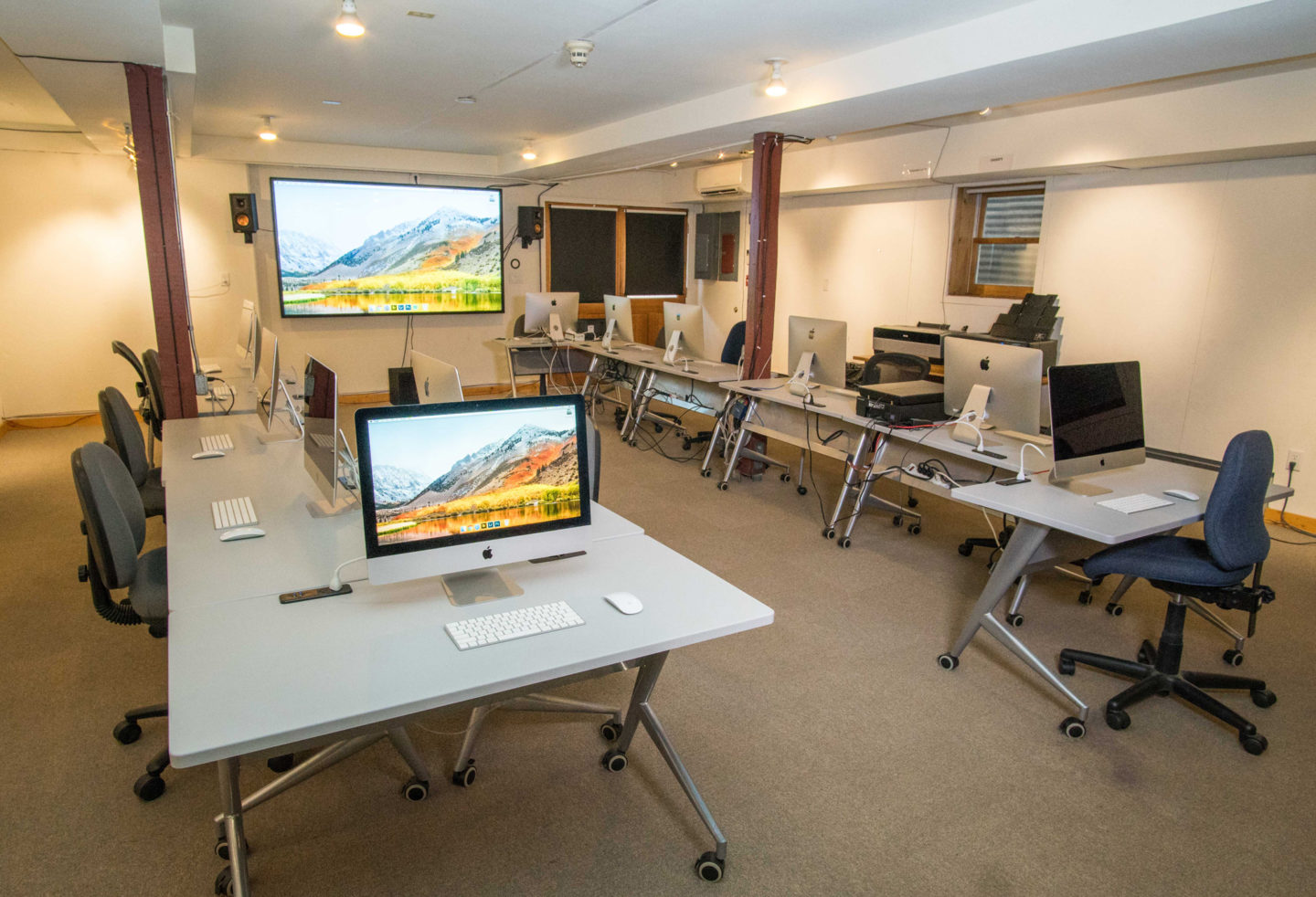

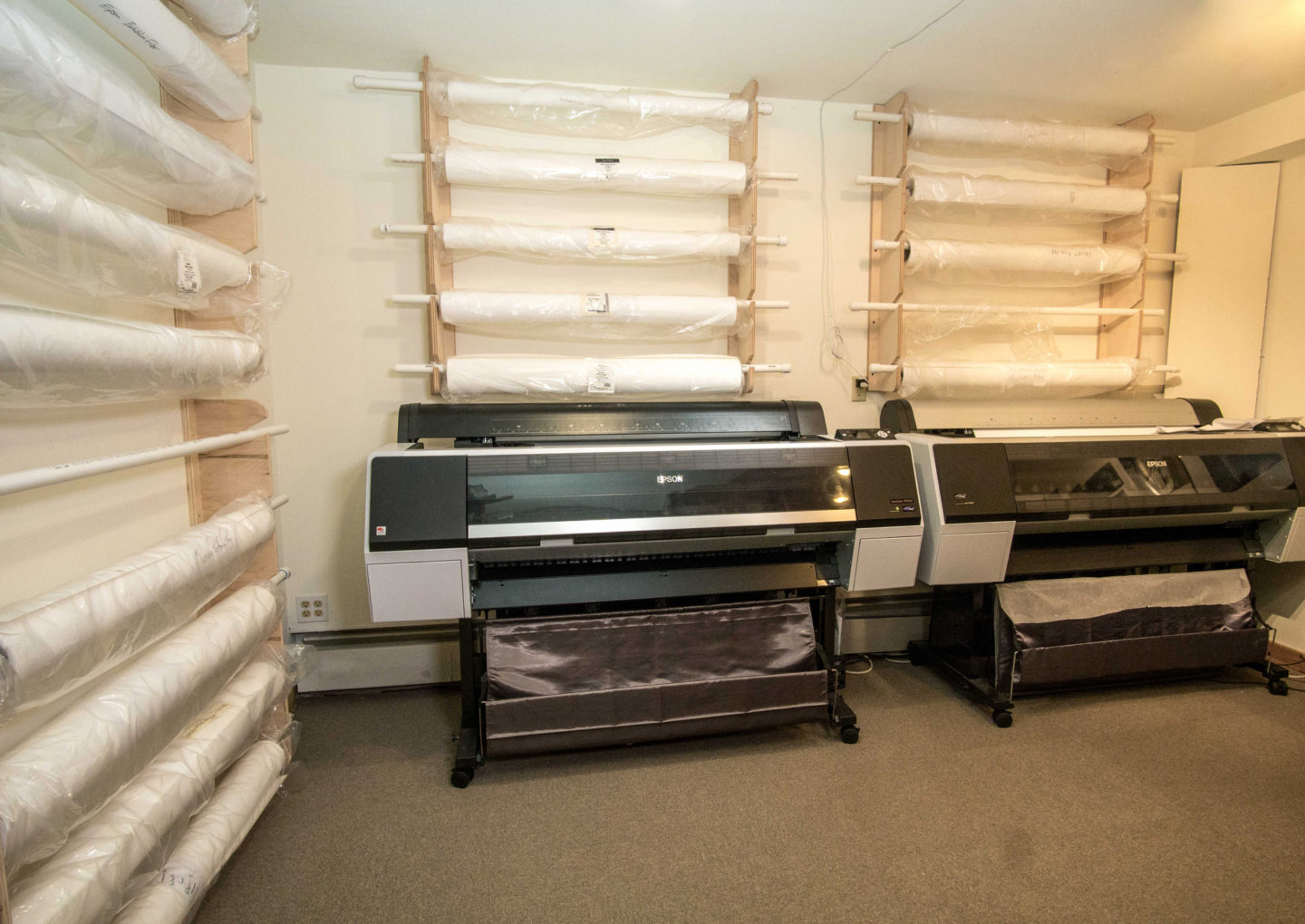
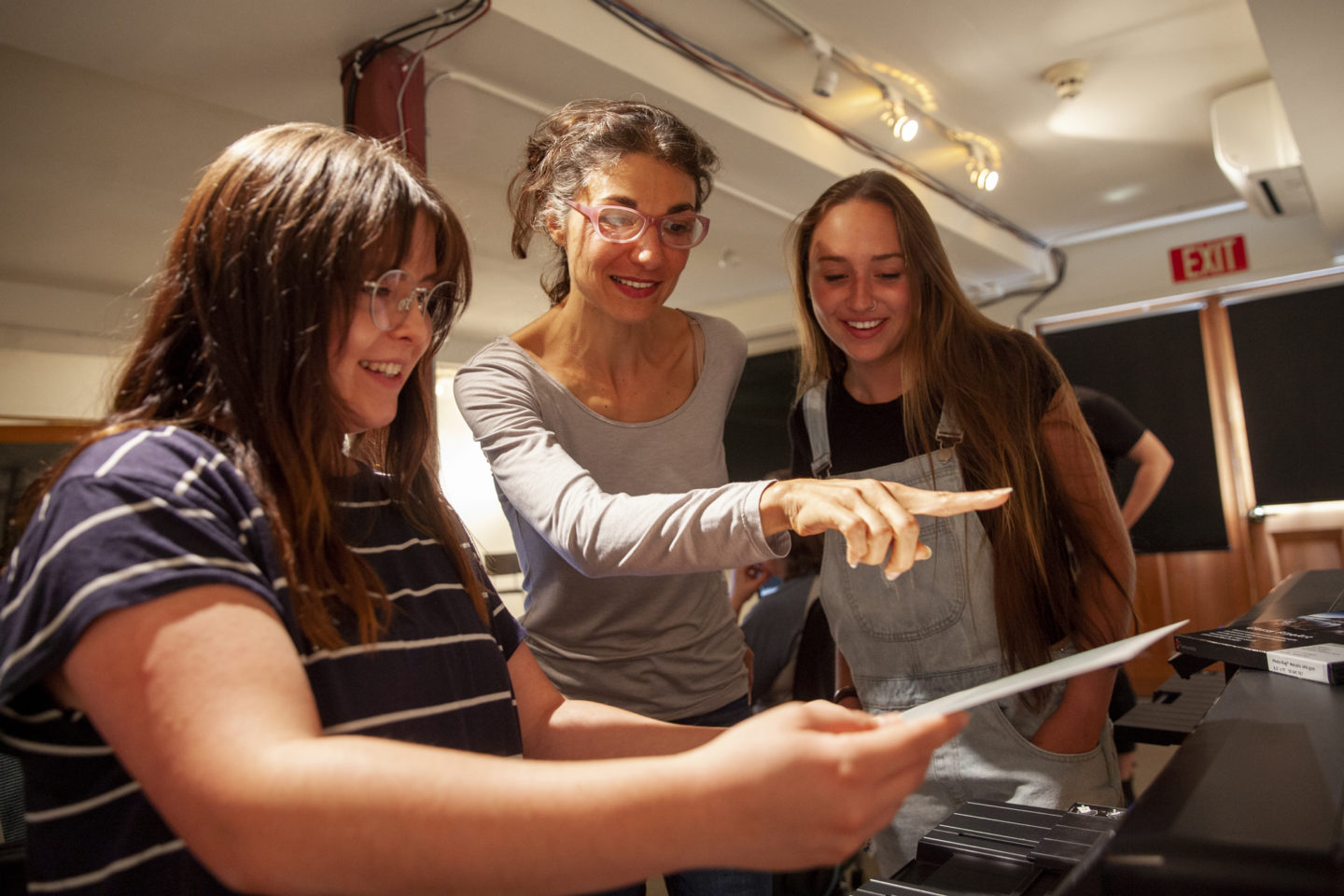
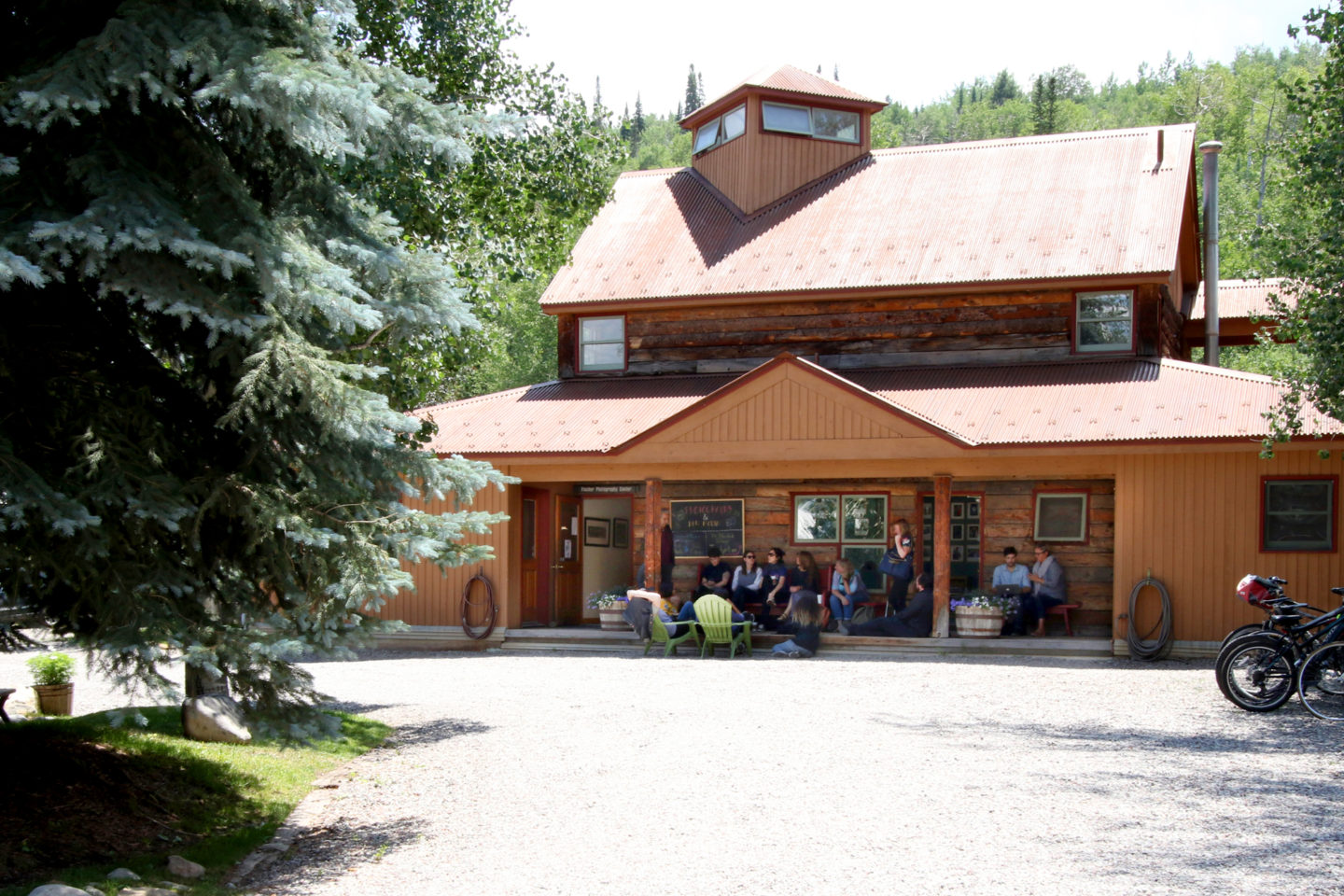
Photography has always been a vital part of Anderson Ranch, one in which students explore visual storytelling through a variety of contexts and concepts. The program has uniquely evolved to focus on both traditional photography and new media— making it one of the only workshop settings of its kind. Three floors of the Fischer Photography Center house state-of-the-art equipment, including three photography studios, two Mac labs, a traditional darkroom, and a lighting studio with strobe and continuous lighting for photography and video.
All Photography workshops are rooted in the same idea—powerful art requires rigorous inquiry of techniques and ideas. We focus on technical skills, content and critical dialog. Students have access to color-managed media labs equipped with 24-inch iMacs, flatbed and film scanners, Epson printers, and cutting-edge software including Adobe Creative Cloud. When appropriate, students utilize strobe and tungsten lighting equipment, seamless backdrops, green screen, audio and video recording equipment and Epson large-format printers.
The Ranch Photography and New Media team creates an inspiring environment, allowing artists of all levels to explore lens-based media and the journey of artistic discovery in the unparalleled setting of the Colorado Rockies.
Don’t know where to start? View the skill levels for Photography and New Media workshops.
Anderson Ranch Arts Center is a historic, rustic campus that features gravel pathways and uneven terrain that may pose challenges for individuals using wheelchairs or other mobility devices. We strive to provide accommodations to ensure all guests can access and enjoy our programs and facilities. With advance notice, our staff can offer personalized assistance and coordinate access to studios and campus spaces. For questions or to request an accommodation, please contact us at (970) 923-3181 or [email protected].
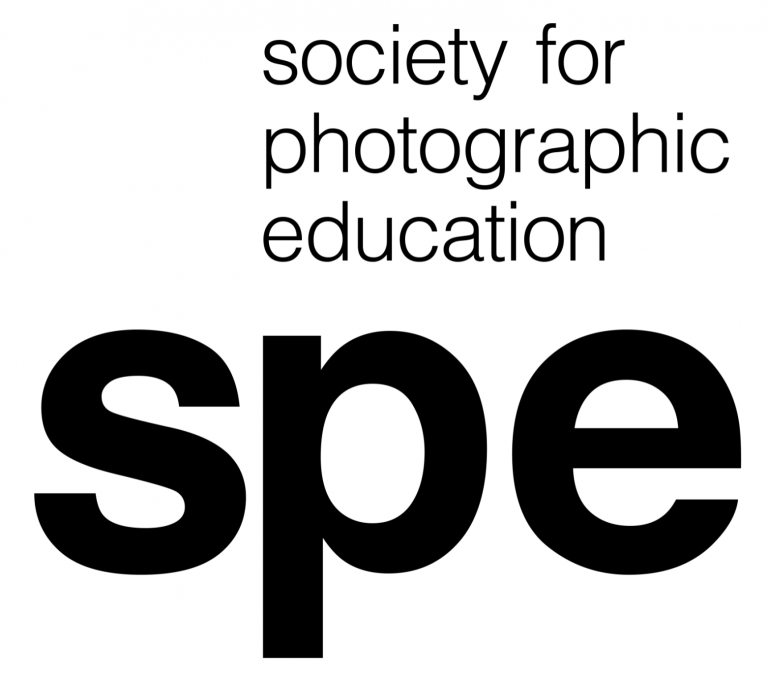

Anderson Ranch is happy to extend a 20% tuition discount for summer one- or two-week adult photography and new media workshops for SPE and the Center for Fine Art Photography members at the student membership level or above. Please email [email protected] with your SPE or CFAP membership information prior to registering and we will send you a promo code to complete registration with your discount applied. You are also welcome to call 970-924-5089 to register after verifying your membership with us. **Please note, this discount must be approved prior to registering and cannot be applied retroactively. SPE and Center for Fine Art Photography discount does not apply to Advanced Mentored Studies programs or Destination Workshops, nor can it be combined with any other discount, scholarship or special offer.
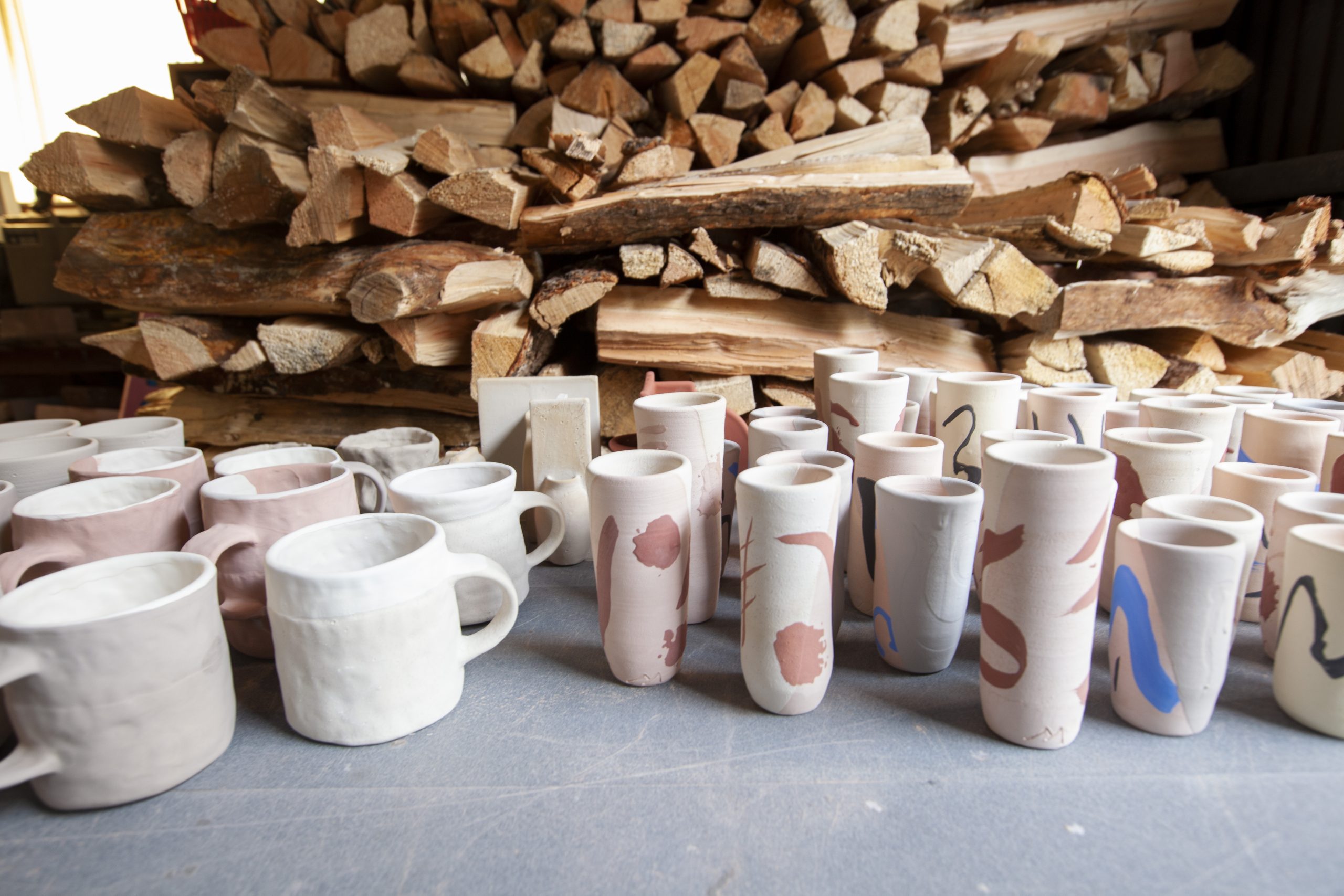
Scholarships, College Credit & Discounts
Making Art Accessible
Applications for scholarship support are encouraged. Specific scholarships are funded by Ranch supporters, either through endowed funds or special gifts.
Many colleges and universities offer college credit for workshops taken at Anderson Ranch. Discounts are available for students and teachers.
You Might Also Be Interested In
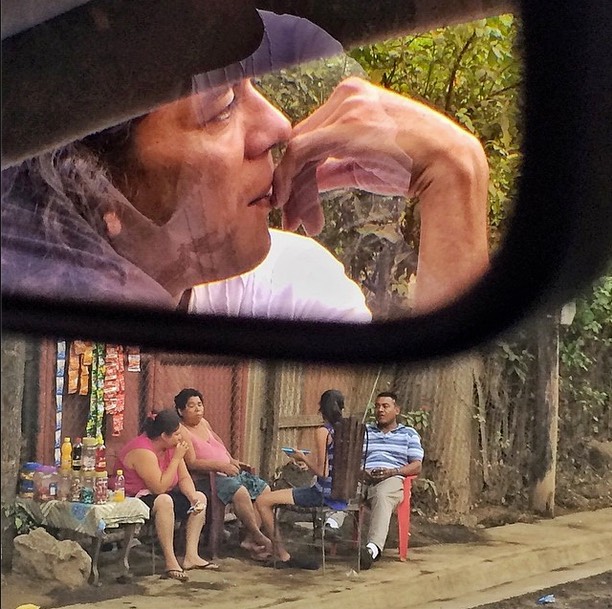
-
O
Open to All
Students of any skill and knowledge level.
-
Virtual Workshop
Virtual Workshop, learn from the comfort of your own home.
Feb 16 - 24, 2026
Monday (2/16), Wednesday (2/18), Sunday (2/22), and Tuesday (2/24)
3:00-4:30 PM MST
Smartphone Storytelling Photography
Ed Kashi
Tuition $325
Code VSP0801-26
This four-session virtual workshop focuses on the use of a mobile phone in taking photos, video, notes, sketches, and audio recordings to produce documentary work or just capture the memories of your daily life. This course is taught in a seminar format, with students engaging in discussion about the practical use and possibilities of the mobile phone to create personal memories, citizen journalism, photojournalism, and daily visual journaling. In addition, the workshop delves into the creative side of smartphone photography. Learn about vision, creative apps, and storytelling during talks and edit-and-critique sessions. Also included is sharing of work by Faculty, showing his wide range of work done with a smartphone since he did the New Yorker’s first “takeover” in 2012, along with reviewing the work in a group setting of each participant’s work.
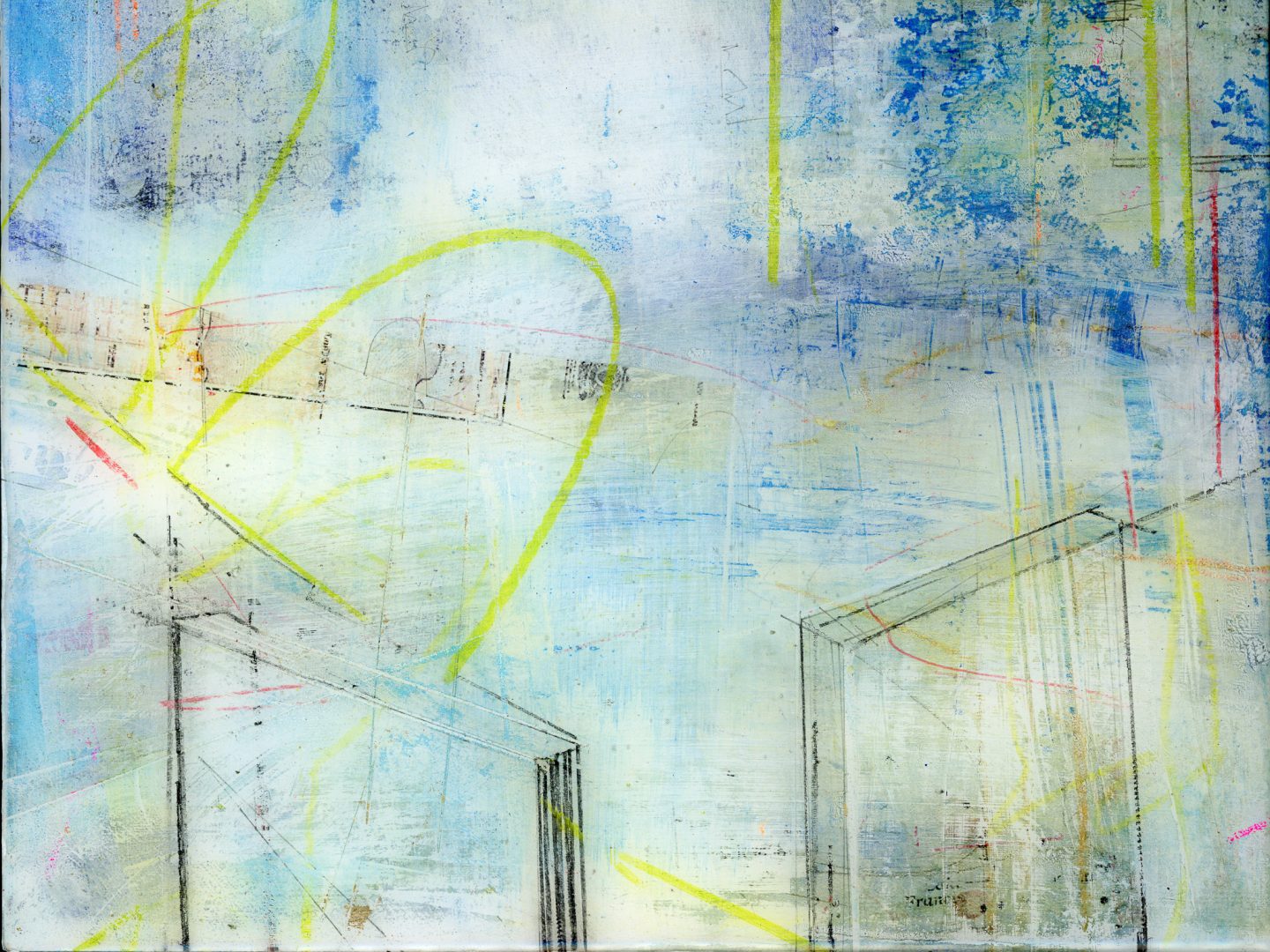
-
O
Open to All
Students of any skill and knowledge level.
Jun 1 - 5, 2026
9 AM - 5 PM
Photographic Collage: An Exploration of Photography and Painting
Kate Leonard
Tuition $1,200
Code P0103-26
Join an engaging exploration of the synthesis between two distinct art forms: photography and painting. Students discover transfer techniques that integrate photographic images and text directly onto painted surfaces, resulting in intriguingly layered works. Participants explore traditional collage and photomontage, and master new methods that allow for opaque and translucent layers. Reductive methods, such as sanding and scraping, reveal the history of earlier photographic layers and suggest an archaeological approach to image development. The workshop emphasizes experimentation and exploratory approaches. Students produce a portfolio of physical examples of all techniques.
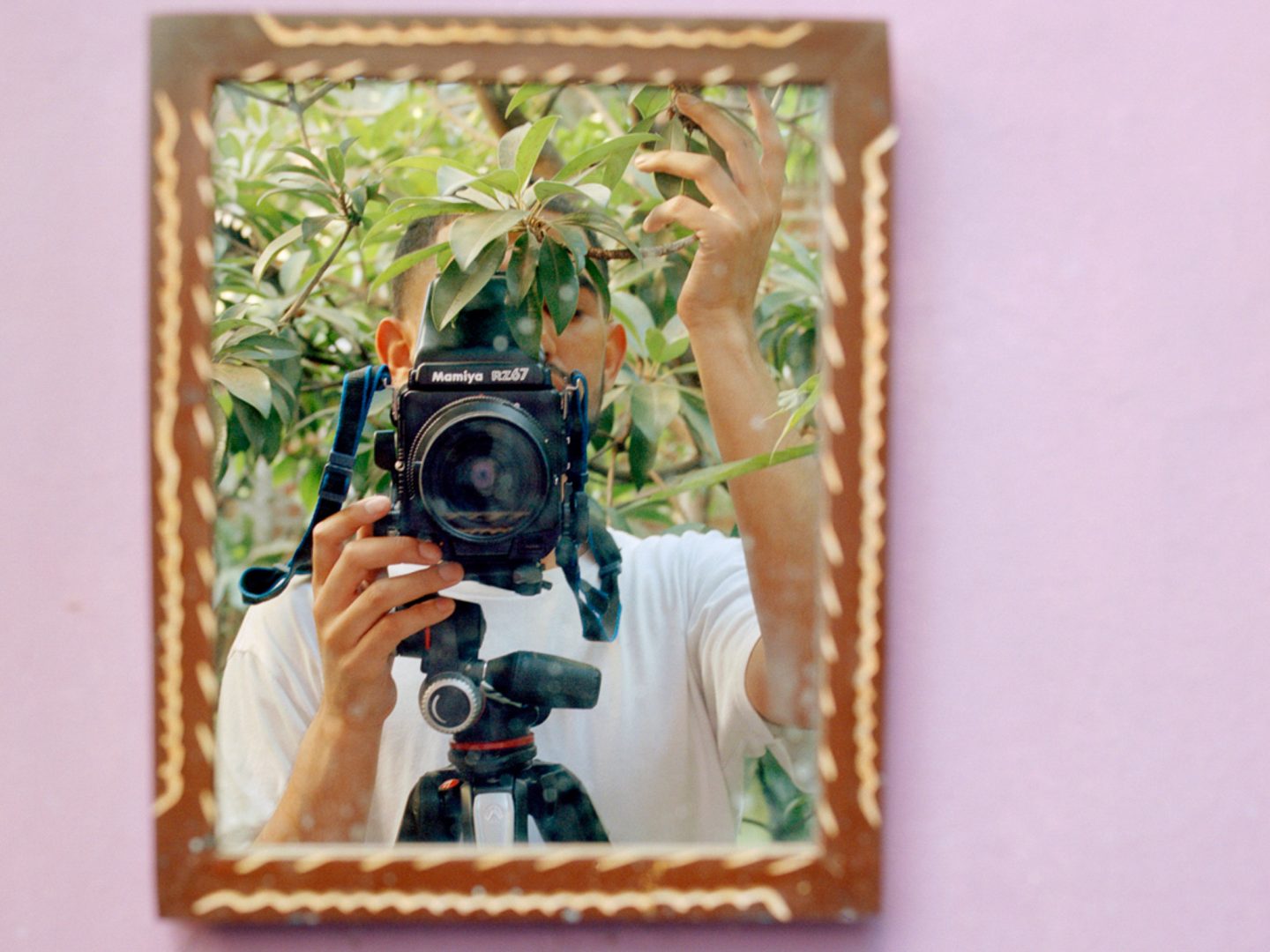
-
II
Level II
Photography students have a basic understanding of photography principles and technology and are comfortable using an SLR camera in manual mode. New Media students have a basic understanding of video, multimedia or animation software. Students have basic computer skills and are comfortable using a Macintosh computer.
-
III
Level III
Photography students have some formal training and significant experience making, capturing and digitally processing images using Adobe Lightroom and/or Adobe Photoshop. New Media students have some formal training in conceptual and technological aspects of video, multimedia, coding or animation and are versed in the appropriate software applications. Students have a portfolio of their artwork.
Jun 8 - 12, 2026
9 AM - 5 PM
Photographic Poetry
Steven Molina Contreras
Tuition $1,095
Code P0204-26
Images and poetry have long shared a deep and resonant dialogue, each illuminating the other in unexpected ways. This workshop invites students to explore that intersection, using the visual language of photography to respond to and be inspired by the written word. In this workshop, students photograph, edit, print, and sequence a small body of work inspired by poetry. Each morning begins with group dialogues and critiques designed to help participants refine their narrative voice and strengthen their conceptual approach. Along the way, they are introduced to artists and writers who have merged image and text, expanding the possibilities of both. Working with a range of photographic techniques—including portraiture, landscape, appropriation, and alternative processes—students are guided in bringing a project from concept to final form, gaining confidence in experimentation and new ways of seeing. Field trips complement studio activities.


